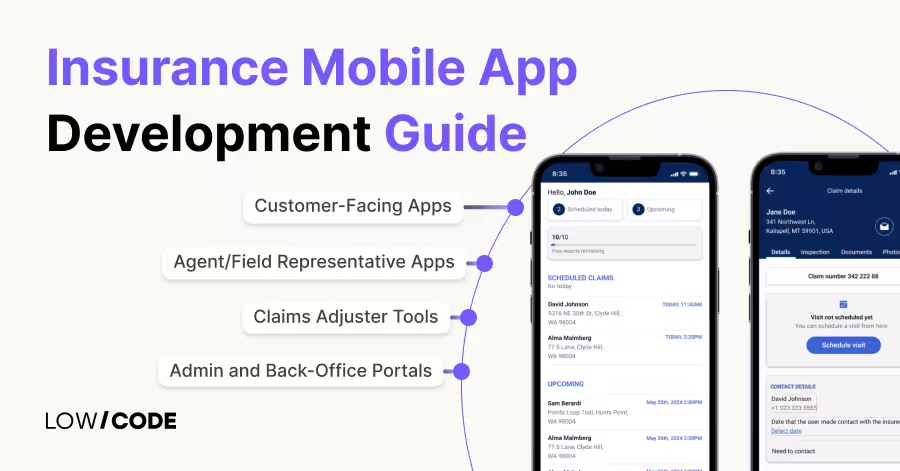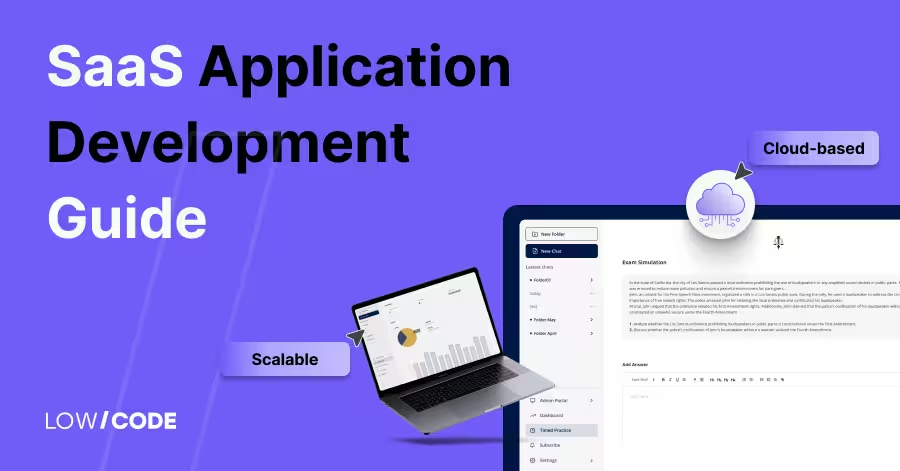Real Estate Mobile App Development (Founder's Guide)
11 min
read
A comprehensive founder's guide to real estate mobile app development in 2025 — covering features, cost, and expert insights to help you build smarter
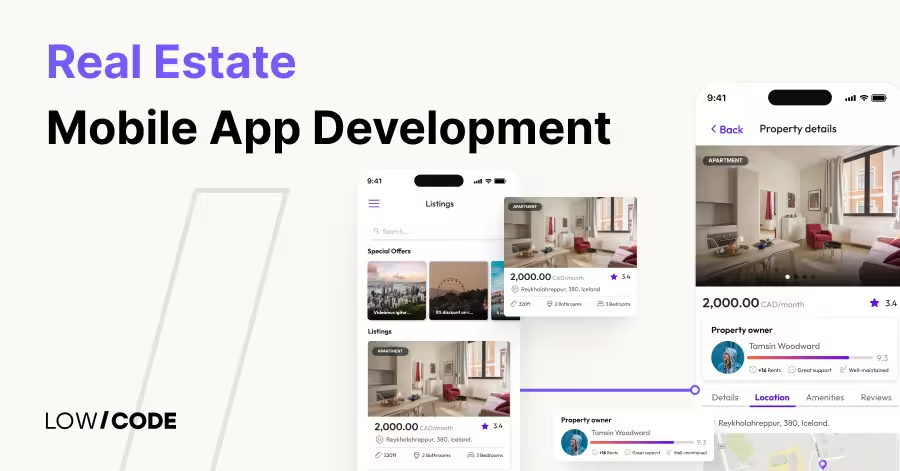
Mobile apps are transforming real estate by making property discovery, buying, renting, and investing faster and more transparent. Instead of depending only on agents or offline listings, today’s users prefer mobile-first experiences that provide instant access to property data, virtual tours, and direct communication.
- The global real estate mobile app market was valued at $12 billion in 2023 and is expected to grow at a CAGR of 8–10% by 2030
- Buyers and renters use apps for on-the-go searches, comparisons, and seamless digital transactions
- Agents and brokers benefit from automation tools, lead tracking, and instant client interactions
- Investors rely on mobile platforms for data-driven insights, rental management, and ROI tracking
- Businesses adopt apps to enhance branding, streamline property management, and offer 24/7 services
This rapid shift highlights why mobile-first strategies are no longer optional but a necessity for success in modern real estate.
Why Invest in Real Estate Mobile App Development
Mobile apps have become a game-changer for the real estate industry, helping businesses operate smarter and engage customers better. Unlike traditional websites, apps offer speed, personalization, and instant access, making them a preferred choice for modern property seekers.
- Key benefits for businesses
Apps streamline operations by centralizing listings, customer communication, and transaction management in one platform. This reduces manual effort and builds stronger client trust. - Competitive advantage in customer engagement and lead generation
Push notifications, AI-powered recommendations, and in-app messaging keep users engaged. Agents and businesses can reach clients faster and close deals more efficiently. - Real estate apps generate more leads vs websites
Apps outperform websites in lead generation because of instant alerts, saved searches, and offline access. Faster load times and personalized experiences also improve conversion rates.
Read more | Best No-code Mobile App Builders
Who Benefits from the Real Estate Mobile App
- Buyers: Gain instant access to listings, virtual tours, and mortgage calculators, making property searches faster and more transparent.
- Renters: Browse available rentals, schedule viewings, and communicate directly with landlords or agents in one place.
- Agents: Manage leads, automate property updates, and close deals faster with streamlined workflows.
- Investors: Track market trends, monitor portfolios, and evaluate opportunities with real-time data and analytics.
Read more | Can I Build a Mobile App with Bubble?
Types of Real Estate Mobile Apps
The real estate mobile ecosystem encompasses diverse application types, each serving specific user needs and business objectives. Understanding these categories helps you choose the right development approach for your target market.
- Property search apps: Allow buyers and renters to explore listings with filters, maps, photos, and virtual tours, making it easier to find the right property quickly.
- Property management apps: Help landlords and agents track rent payments, manage maintenance requests, and streamline communication with tenants.
- Mortgage calculator apps: Provide users with instant loan estimates, interest rate comparisons, and affordability checks, simplifying financial planning.
- Real estate investment apps: Enable investors to analyze market data, track property values, and evaluate ROI opportunities in real time.
Read more | Cross-Platform Mobile App Development Guide
Must-Have Features for a Real Estate Mobile App
Building a successful real estate mobile app requires carefully selected features that enhance user experience while driving business results. These core functionalities form the foundation of any competitive real estate platform.
- User profiles & onboarding with preferences: Personalized accounts that save search criteria and recommend relevant properties.
- Property listings with images, videos, 3D tours: Rich media showcases listings effectively, creating immersive experiences for buyers and renters.
- Filtering & sorting (price, amenities, location, etc.): Advanced search options that help users narrow down choices quickly.
- Map integration & saved searches/favorites: Location-based browsing with the ability to bookmark properties for future reference.
- Real-time notifications: Instant alerts for new listings, price drops, or status updates keep users engaged and informed.
- In-app chat & three-way communication (buyer–agent–owner): Streamlines conversations, ensuring faster decisions and stronger relationships.
- Reviews & ratings: Builds trust by showcasing feedback on agents, landlords, and properties.
These must-have features turn a real estate app into a powerful tool for engagement, conversions, and long-term customer satisfaction.
Read more | Business Mobile App Development Guide
Advanced Features to Stand Out
While basic functionality gets users in the door, advanced features create competitive differentiation and drive long-term user engagement. These sophisticated capabilities transform standard real estate apps into indispensable business tools.
- AI-powered recommendations & predictive search: Suggests properties based on user behavior, preferences, and market patterns to speed up decision-making.
- Integrated payment systems & e-signature: Simplifies transactions by enabling secure payments, deposits, and contract signing directly within the app.
- Market insights & pricing history: Provides users with historical data and real-time trends to make smarter buying, renting, or selling decisions.
- Neighborhood-level trends & analytics: Offers details on crime rates, schools, amenities, and lifestyle data, giving users a complete view of the area before committing.
Read more | Ecommerce Mobile App Development Guide
Best No-code Platforms for Real Estate Mobile Apps
Choosing the right no-code platform determines your app's success, scalability, and long-term viability. Each platform offers unique strengths for different real estate use cases and technical requirements.
1. FlutterFlow
FlutterFlow is ideal for building native real estate apps with strong mobile performance and modern UI.
- Supports push notifications, geolocation, maps, and offline access
- Enables property listings, chat, and calculators through drag-and-drop design
- Integrates easily with APIs for payments and CRMs
With exportable Flutter code and scalability, it is perfect for rental platforms, buyer-facing apps, and agency tools that demand mobile-first functionality.
2. Bubble
Bubble is best for web-first real estate apps that require complex workflows and scalability.
- Allows property listings, lead tracking, and role-based access
- Integrates with maps, chat, and payment APIs
- Builds analytics dashboards and CRM-like systems for agents and admins
Its responsive design and robust backend make Bubble suitable for agencies and enterprises that need both customer-facing and internal real estate solutions.
3. Glide
Glide works well for internal dashboards for real estate apps created from spreadsheets.
- Converts Google Sheets or Airtable data into mobile apps instantly
- Includes maps, filters, and a search for easy property browsing
- Supports simple automation for rentals and small agency tools
While not suited for complex apps, Glide is quick, cost-effective, and ideal for startups or small businesses testing real estate app ideas.
4. Airtable (as a Database)
Airtable serves as a flexible backend database for real estate apps.
- Stores listings, agent details, rental applications, and client data
- Uses relational tables to link properties with owners and tenants
- Integrates with Bubble, Glide, and FlutterFlow via APIs
Its simplicity and scalability make it a reliable foundation for real estate apps, especially those requiring secure multi-user access.
5. n8n / Zapier / Make (for AI-driven automation)
Automation tools enhance real estate apps with smarter workflows.
- Sync leads, send property alerts, and automate follow-ups
- Connect apps with CRMs, email platforms, and messaging tools
- Use AI to recommend properties and analyze buyer preferences
These tools reduce admin work for agents and improve engagement, making real estate apps more efficient, intelligent, and customer-focused.
Read more | How to hire mobile app developers
Steps to Build a Real Estate Mobile App Successfully
1. Research & Idea Validation
The foundation of a successful real estate app is thorough research and validation. This step ensures that your idea solves real problems and appeals to the right audience.
- Analyze the current real estate app market to spot gaps and opportunities
- Study competitors to learn what works and where they fail
- Conduct surveys and interviews with buyers, renters, agents, and investors
- Identify audience pain points such as slow communication, lack of transparency, or poor property discovery
By validating the concept early, you reduce risks and focus on building an app with strong market demand and long-term growth potential.
2. Feature Selection & Prioritization (We Also Help at This Stage)
Selecting the right features ensures your app provides value without becoming overloaded. Every real estate app should start with essentials before expanding into advanced functionality.
- Include must-have features like listings, filters, maps, chat, and notifications
- Add personalization with saved searches, favorites, and user profiles
- Plan for advanced features such as AI recommendations, 3D tours, or mortgage calculators
- Prioritize features based on user demand and business goals
At LowCode Agency, we guide founders in choosing and prioritizing features strategically. This approach ensures a lean, powerful MVP that delivers immediate value while leaving room for scalable updates.
3. Partner with Experts like LowCode Agency (From Idea to Launch)
Even with no-code platforms, building a real estate app requires expertise in design, workflows, and compliance. Partnering with experienced professionals ensures a smooth process from start to finish.
- LowCode Agency has delivered 350+ no-code apps across industries, including real estate
- Our team specializes in Bubble, FlutterFlow, Glide, and automation tools
- Our designers create user experiences that are intuitive, accessible, and focused on conversions.
We act as a technology partner, not just developers, providing continuous guidance from idea validation to launch and beyond. This ensures your app is built faster, smarter, and ready for success.
4. Testing & Quality Assurance
Testing ensures your app is reliable, secure, and user-friendly before it reaches the market. Real estate apps must handle large amounts of sensitive data and offer seamless user experiences.
- Conduct functional testing for core features like listings, search, and chat
- Run performance testing to ensure smooth usage across devices and heavy traffic
- Perform security audits to protect sensitive client and property data
- Use user acceptance testing with real agents, buyers, and renters
Thorough QA prevents costly issues post-launch, builds trust among users, and ensures the app performs well under real-world conditions.
5. Deployment & App Store Submission
Once tested, the app is ready for deployment. Releasing a real estate app requires more than just uploading files; it involves optimization and compliance with app store policies.
- Prepare app store listings with optimized descriptions, images, and keywords
- Ensure compliance with Apple App Store and Google Play Store guidelines
- Test installation, permissions, and update functionality before submission
- Set up analytics and monitoring for tracking early adoption
A well-executed launch maximizes visibility, attracts downloads, and creates a strong first impression among users. Smooth deployment ensures the app is ready to compete immediately.
6. Post-launch Support & Updates
Launching an app is only the beginning. Continuous updates and support keep your real estate app relevant, competitive, and trusted.
- Monitor app performance with analytics to identify strengths and weaknesses
- Gather user feedback to guide future feature updates
- Release updates regularly to add features, fix bugs, and improve security
- Provide long-term technical support for scaling and integrations
At LowCode Agency, we offer ongoing support to ensure your app grows with your business. With continuous improvement, your app remains a reliable and future-proof solution for the real estate market.
Read more | Mobile app development guide
Why UX/UI Is Important in Real Estate Mobile Apps
A real estate mobile app is only as effective as its design. Great UX/UI ensures users can find properties, connect with agents, and complete transactions without frustration. Clear, accessible design builds trust and encourages long-term usage.
- Frictionless onboarding flows
Simple onboarding with budget, location, and preference setup helps personalize the experience immediately. Users feel the app understands their needs from the start. - Clean navigation and minimalist design for a professional look
Easy navigation, uncluttered layouts, and visually consistent design give the app a polished and professional appeal, which is critical in real estate where trust matters. - Fast loading and mobile responsiveness across devices
Buyers, renters, and agents expect speed. Fast load times and responsive design across phones and tablets keep users engaged and reduce drop-offs. - Accessibility & intuitive design for all user types
Accessibility features, large fonts, and clear icons ensure even first-time users or non-tech-savvy audiences can use the app confidently.
At LowCode Agency, our skilled design team specializes in building real estate apps with user-first interfaces. By focusing on usability and accessibility, we deliver apps that look great, perform smoothly, and keep users engaged.
Read more | Native mobile app development
Cost and Timeline of Real Estate Mobile App Development
Real estate mobile app development costs and timelines vary dramatically depending on your chosen approach and complexity requirements. Traditional development often requires substantial upfront investment and extended timelines, while no-code solutions offer faster, more cost-effective alternatives without sacrificing functionality or quality.
Understanding these differences helps you make informed decisions about your development strategy and budget allocation.
Let’s address the cost and time in traditional development:
- Development costs from $150,000: Complex real estate apps with advanced features like AI recommendations, virtual tours, and MLS integrations require substantial investment in specialized development teams
- Timeline spans 12-18 months minimum: Traditional development involves lengthy phases including requirement gathering, design, development, testing, and deployment with potential delays from technical challenges
- Ongoing maintenance costs 20-25% annually: Regular updates, bug fixes, security patches, and platform compatibility requirements create significant recurring expenses
- High technical risk and scope creep: Custom development often encounters unforeseen challenges, feature changes, and integration complexities that increase both costs and timelines substantially
Read more | No-code mobile app development guide
Cost and Time in No-code/Low-code Approach:
- Development costs from $30,000: No-code platforms significantly reduce development expenses while delivering professional-grade functionality and user experiences
- Timeline compressed to 5-12 weeks: Rapid prototyping, visual development, and pre-built components accelerate the entire development cycle from concept to market launch
- Lower ongoing maintenance costs: Platform providers handle infrastructure updates, security patches, and core functionality maintenance, reducing your long-term operational expenses
- Reduced technical risk and faster iterations: Visual development tools and proven platform stability minimize unexpected challenges while enabling quick feature adjustments based on user feedback
Read more | Rapid mobile app development guide
Challenges in Real Estate App Mobile Development
Building a real estate app comes with several challenges that must be addressed to ensure success.
- Data accuracy and MLS integration
Integrating MLS databases is complex, and inaccurate data can frustrate users. No-code platforms simplify integration through APIs, making real-time syncing easier. - Regulatory and compliance issues
Real estate apps must comply with housing laws, data regulations, and accessibility standards. No-code tools provide built-in compliance features like audit trails and secure hosting. - Ensuring privacy and secure transactions
Apps handle sensitive user and financial data. With no-code platforms, encryption, role-based access, and secure payment gateways can be implemented quickly. - High competition and user expectations
Users expect fast, intuitive, and visually appealing apps. No-code platforms enable rapid prototyping, continuous updates, and custom designs to stay ahead of competitors.
By leveraging no-code, businesses can overcome these challenges faster, reduce costs, and deliver secure, scalable real estate apps.
Conclusion
Building a real estate mobile app is no longer optional—it’s essential for meeting modern buyer, renter, agent, and investor expectations. Apps deliver faster property discovery, stronger engagement, and higher lead generation compared to traditional channels.
At LowCode Agency, we specialize in real estate app development using Bubble, FlutterFlow, Glide, and automation tools. As your technology partner, we help you launch and scale powerful mobile apps built for long-term success.
Ready to transform your real estate business with a custom mobile app? Let’s talk, and partner together to build a solution that positions your business for success in today's mobile-first market.
Created on
October 22, 2025
. Last updated on
January 6, 2026
.

FAQs
How much does it cost to build a real estate mobile app?
What features should a real estate mobile app have?
How long does it take to develop a real estate mobile app?
Can I integrate MLS into my real estate mobile app?
Can I add automation to my real estate mobile app?
Why choose the LowCode Agency for real estate mobile app development?





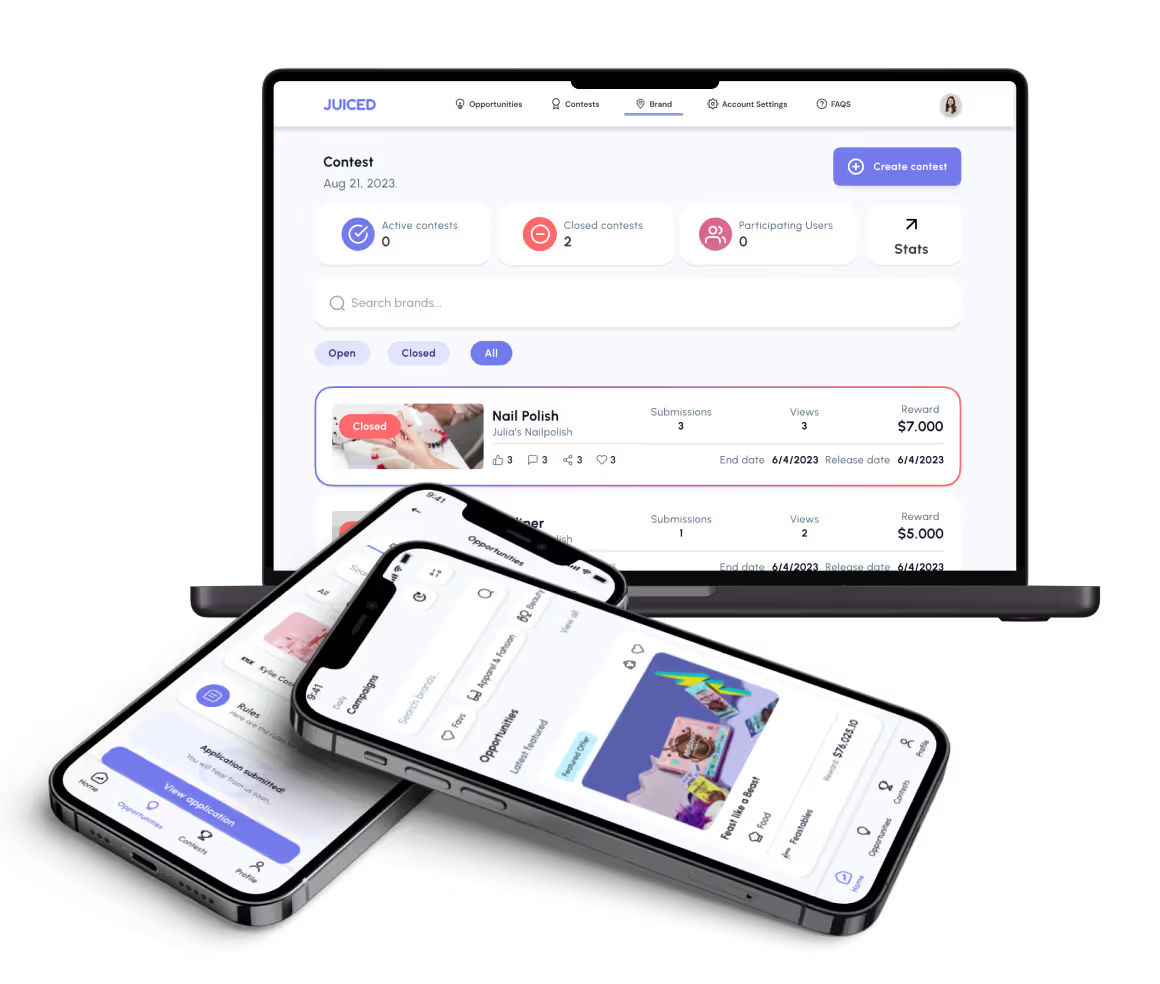

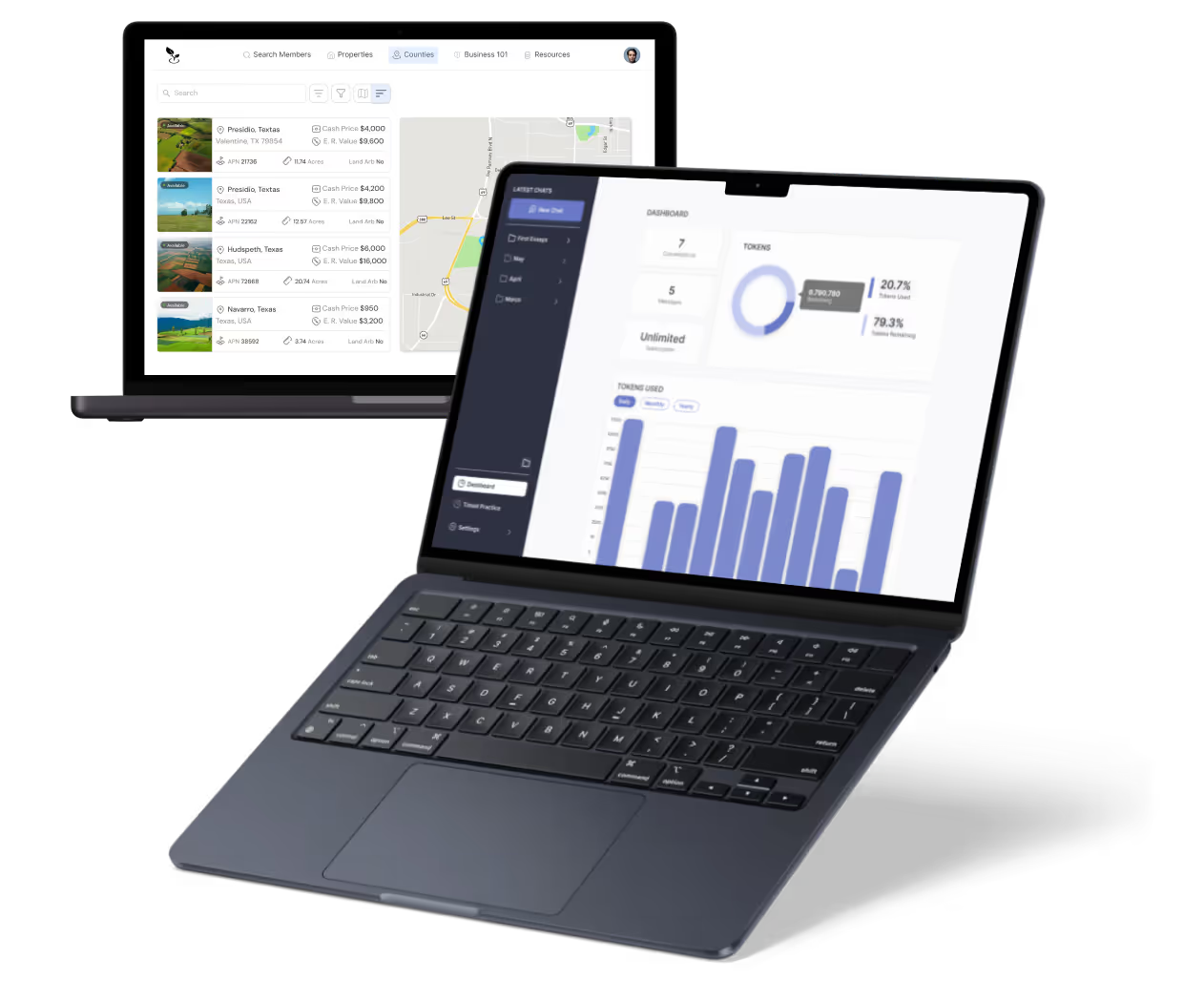
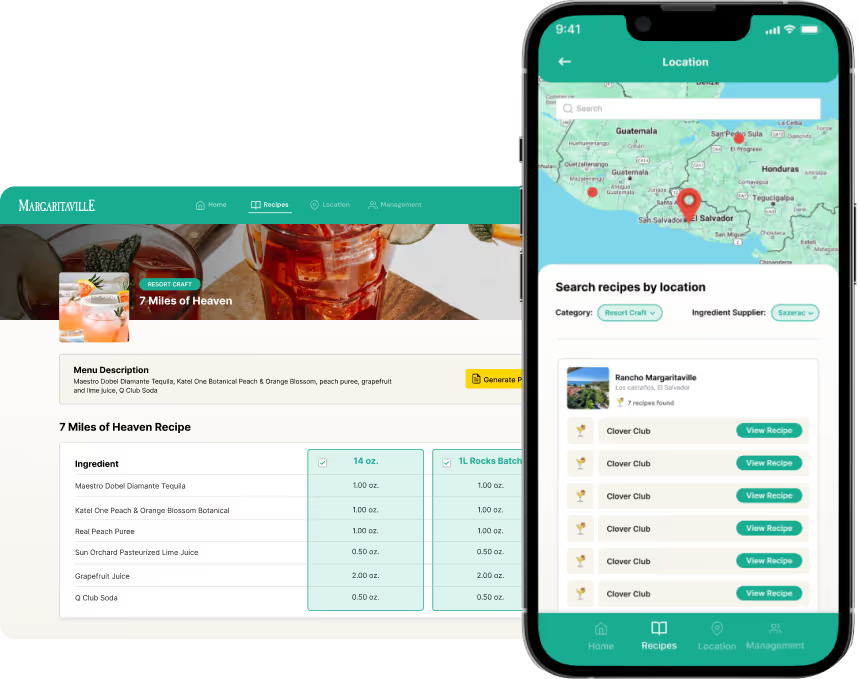
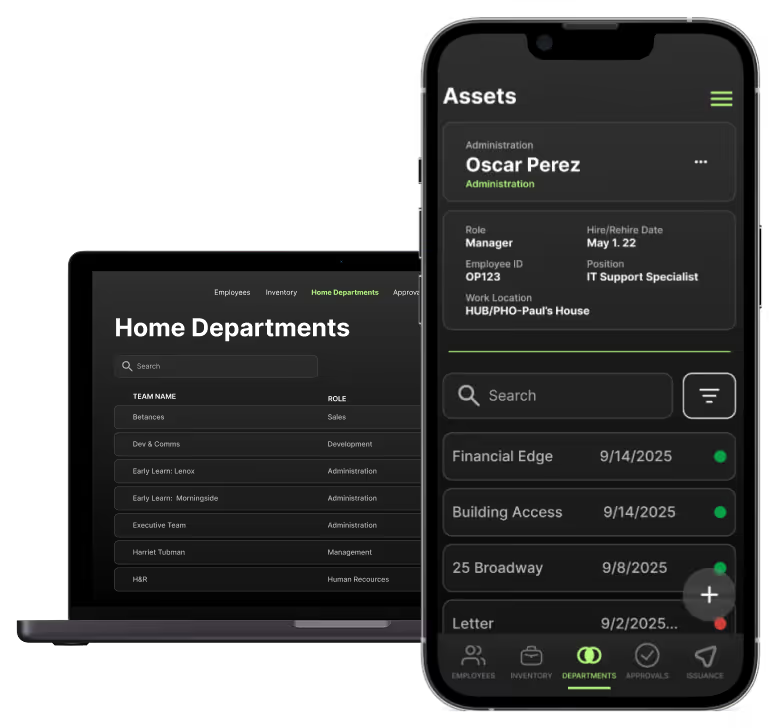
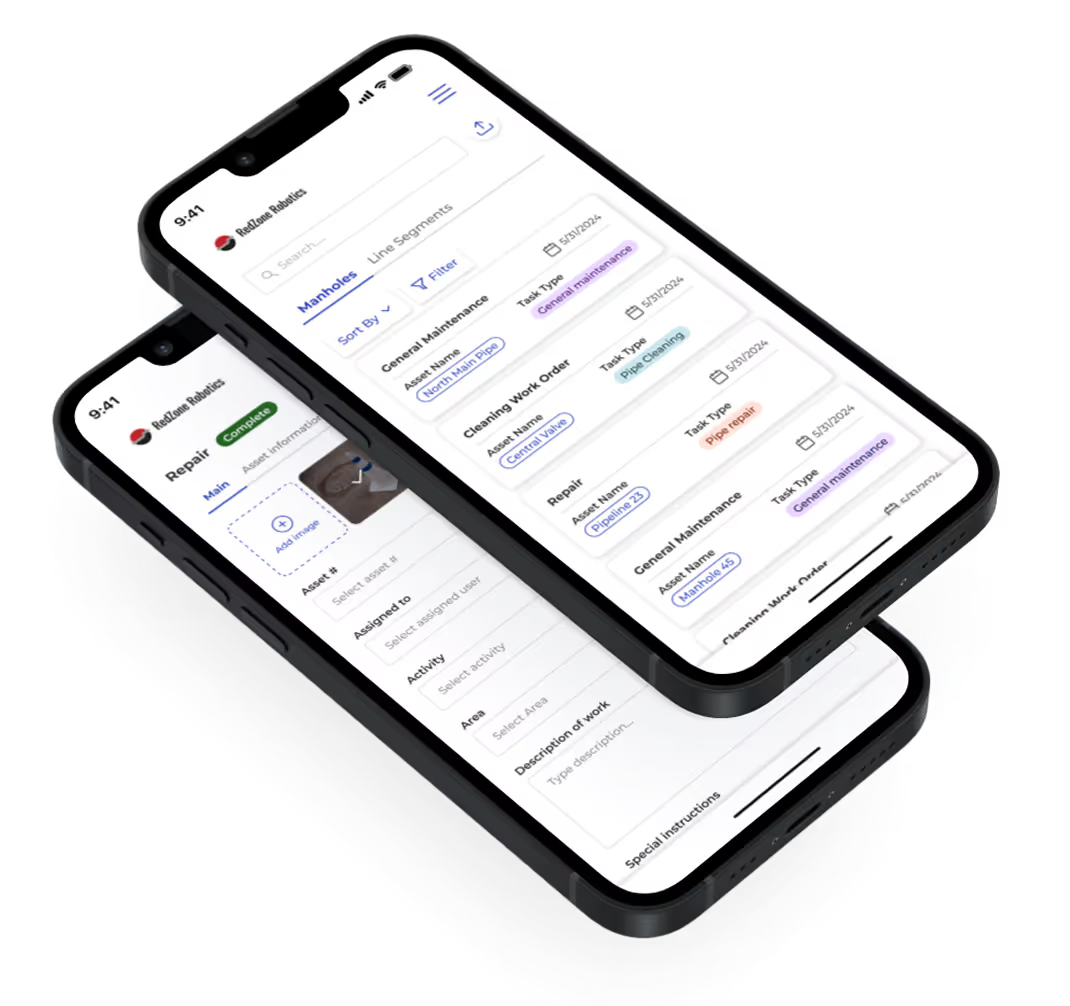
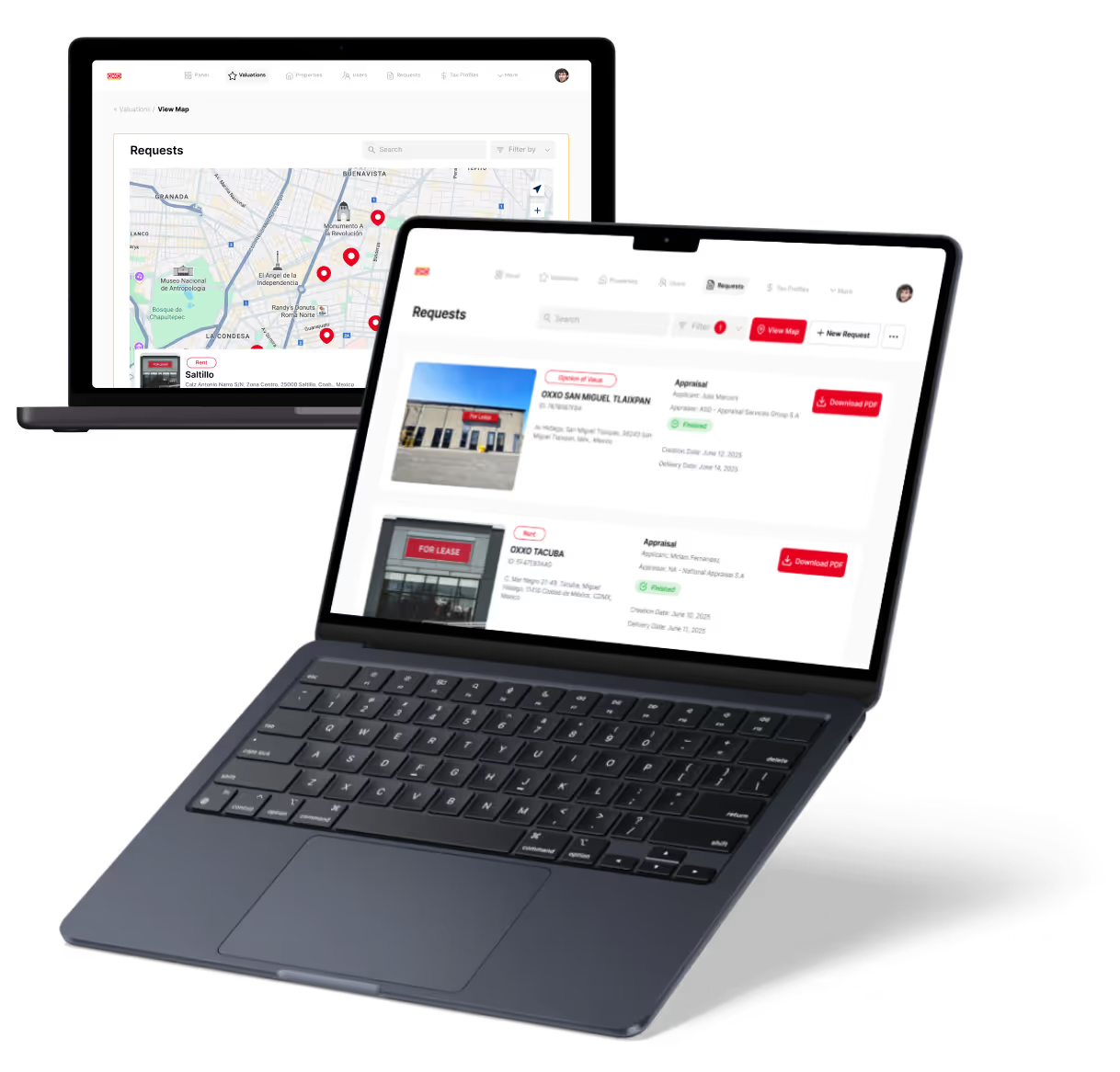
%20(Custom).avif)




